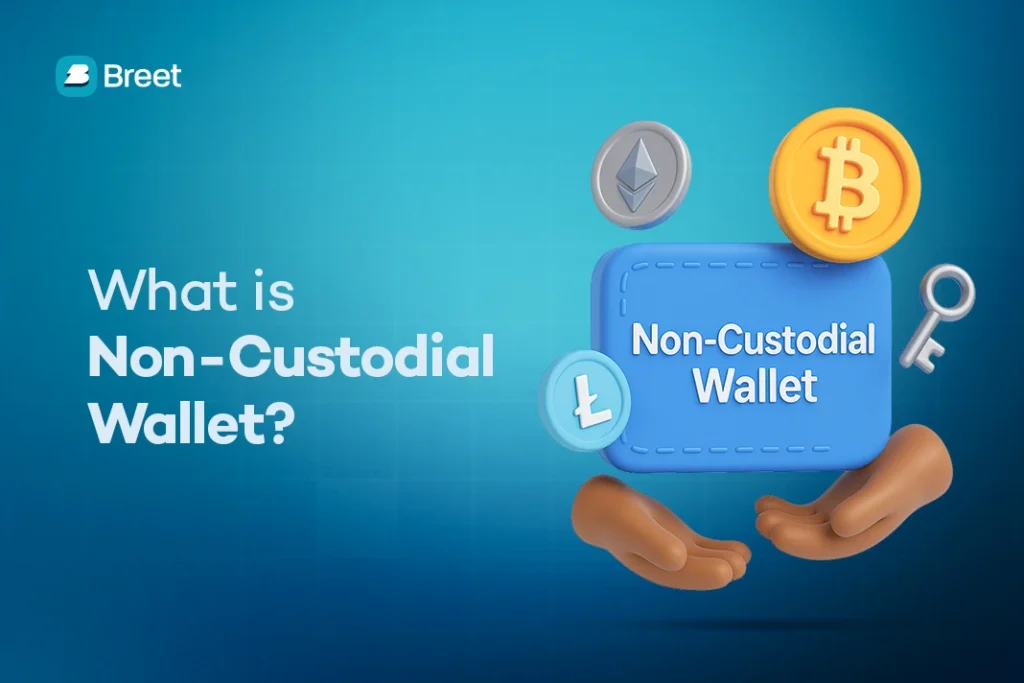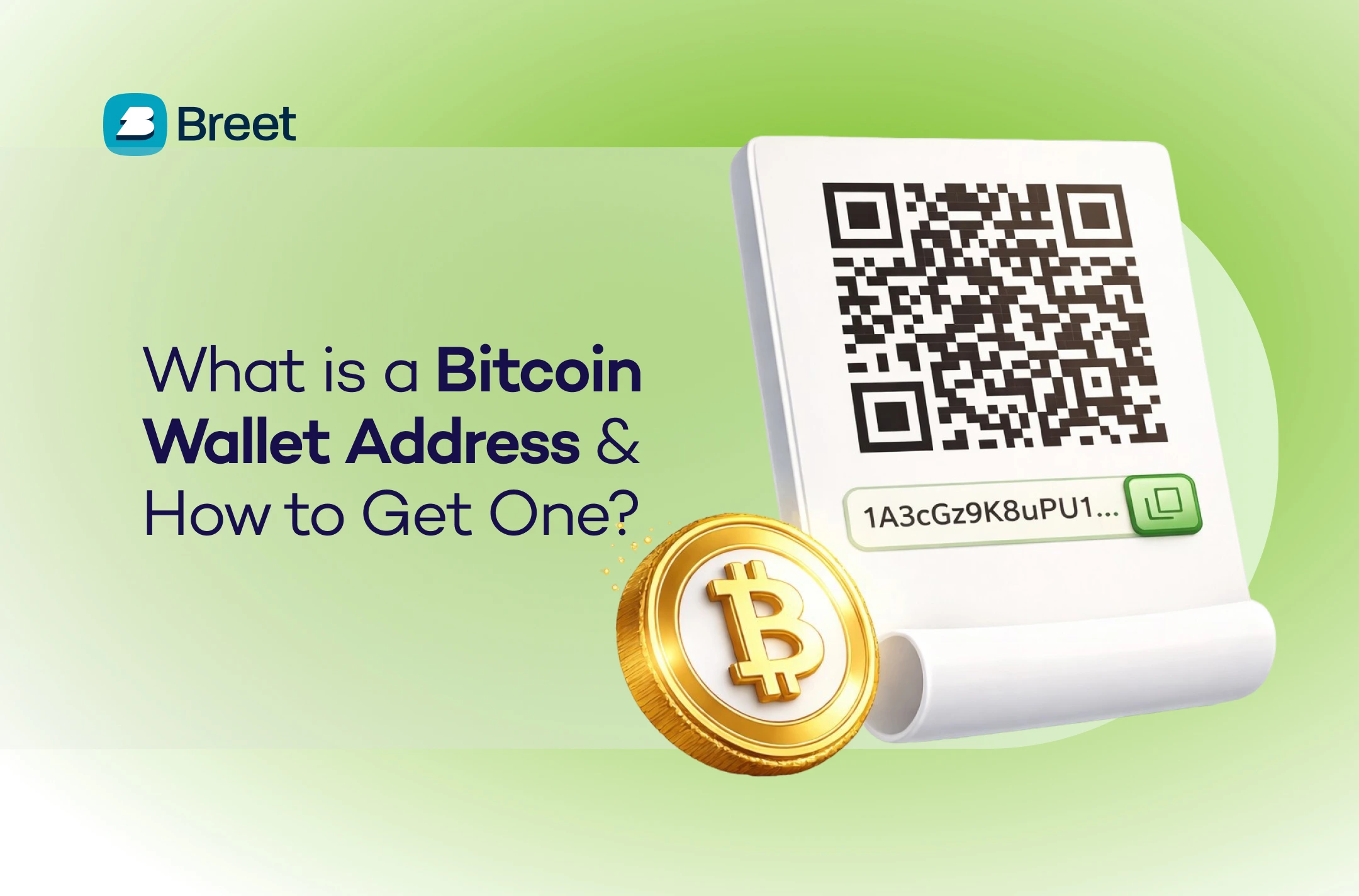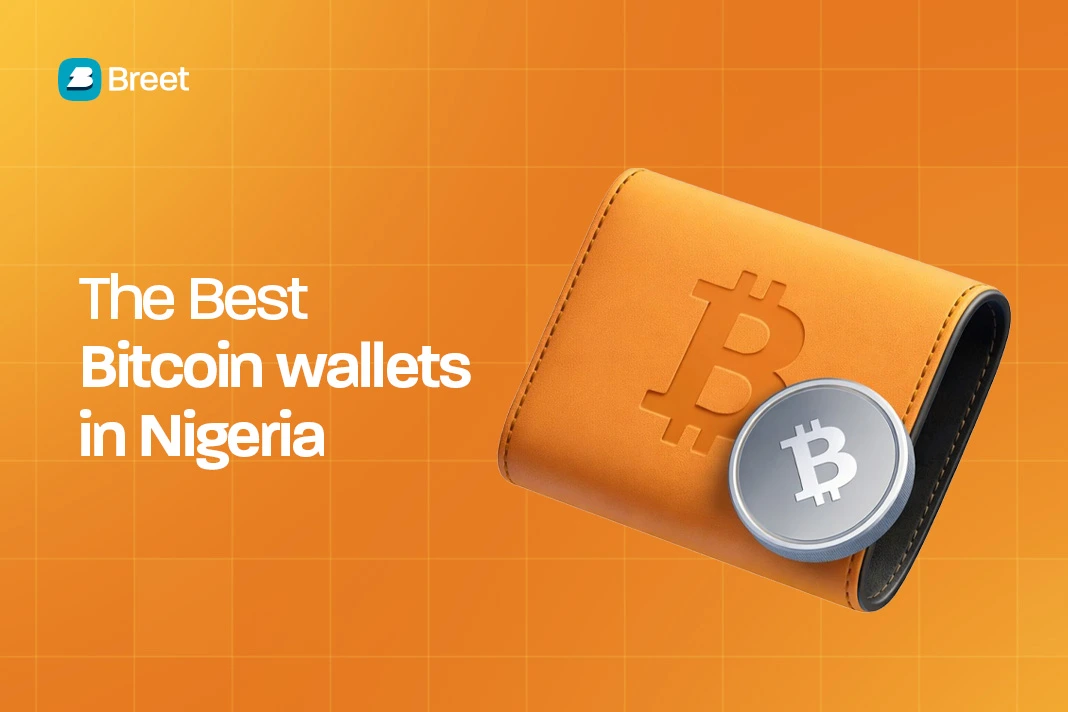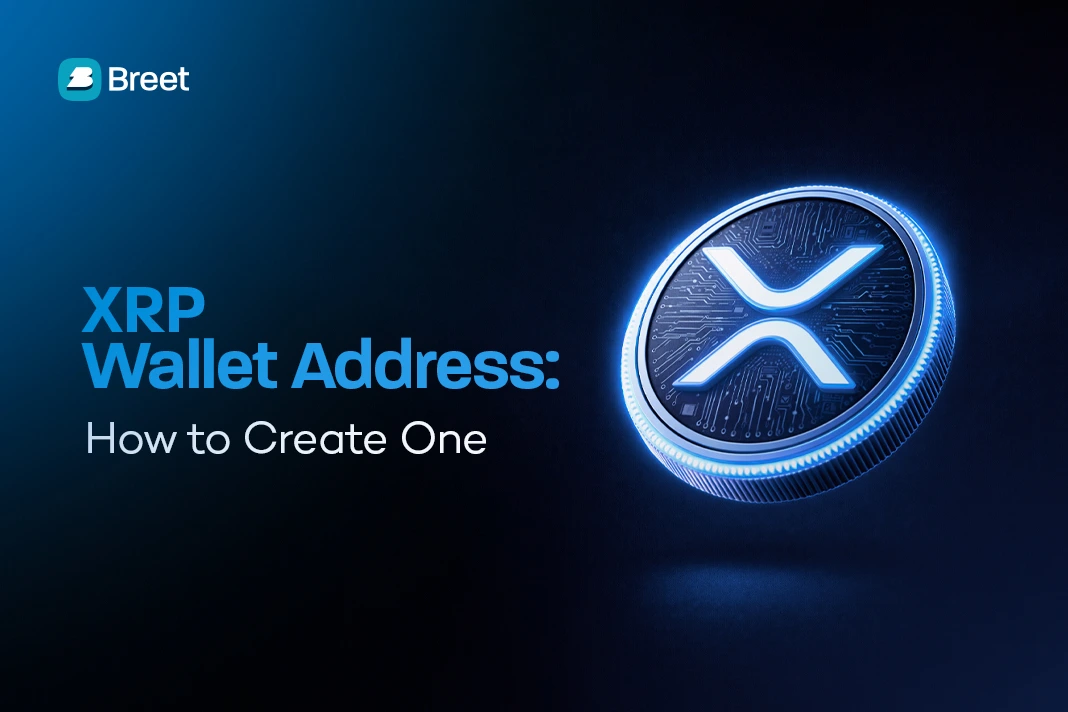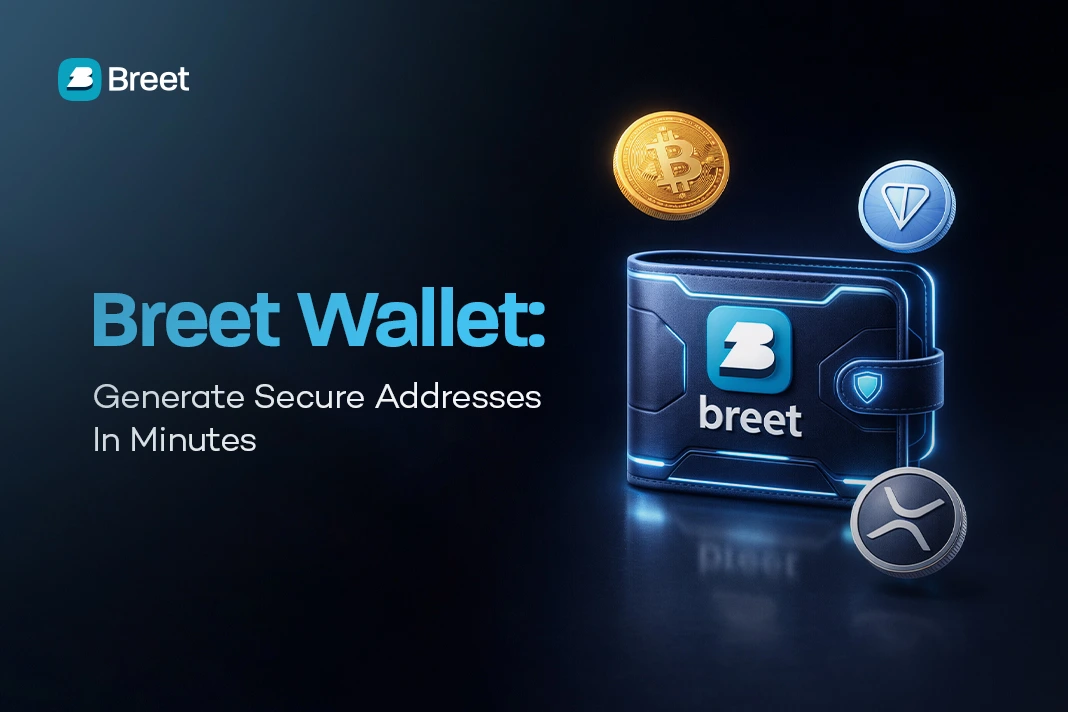One of the biggest choices you will make when it comes to storing crypto safely is whether to use a custodial or non-custodial wallet. Many crypto holders are leaning towards the latter because it gives them total control of their funds. Are there any more perks or risks of using non-custodial wallets?
In this guide, we will break down what a non-custodial wallet is, how it works and also share 11 of the best non-custodial wallet examples you can try. Let’s begin.
What is a Non-Custodial Wallet?
Simply put, a non-custodial wallet is a crypto wallet that gives you complete control over your private keys and funds. It lets you do this without any third party or company having access. In other words, you’re the only one in control of your funds.
Unlike custodial wallets where the company stores your private keys for you, non-custodial wallets put that responsibility entirely in your hands. You alone decide when to send, receive or store crypto.
This also means that if you lose your private keys or seed phrase, no one else can help you recover your funds. The control is total but so is the responsibility. How do they work though?
How Non-Custodial Wallets Work
It is quite simple to understand how a non-custodial wallet works. You don’t need any deep technical knowledge.
Seed Phrase Generation: As soon as you set up your non-custodial wallet, it generates a unique seed phrase, usually 12 to 24 random words. This seed phrase is the master key to your wallet and must be kept secure at all times.
Private Key Storage: Your private keys are not stored on any company’s server but directly on your device. This means hackers can’t steal your keys by attacking a central database.
Transaction Signing: The wallet uses your private keys to sign a transaction if you want to send crypto. This digital signature proves that you own the funds and authorizes the transfer.
Direct Blockchain Connection: Non-custodial wallets connect directly to the blockchain to process transactions. There is no middleman approving or denying your transfers.
Wallet Recovery: If you lose your device, you can recover your wallet using your seed phrase. Simply download the wallet app on a new device and enter your seed phrase to restore access.
Related:
Benefits and Drawbacks of Non-Custodial Wallets
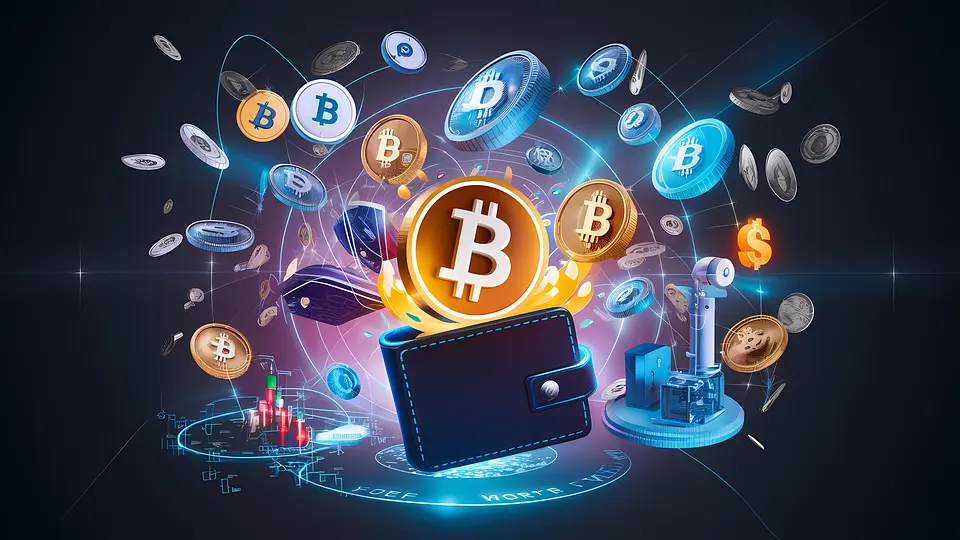
Pros
- Full Control: You’re the only person who can access, send or manage your crypto. No exchange can freeze your account or restrict your withdrawals.
- Enhanced Privacy: Many non-custodial wallets don’t require personal information to set up. You can use them anonymously.
- Security from Exchange Failures: When exchanges collapse, users with custodial wallets can lose everything. With a non-custodial wallet, your funds remain safe.
- Direct DeFi Access: These wallets let you interact directly with decentralized finance platforms for trading, lending, and staking.
Cons
- Responsibility for Security: If you lose your seed phrase, you lose access to your funds forever. You cannot recover it because there is no customer support.
- Learning Curve: It may be a bit confusing and overwhelming for beginners to fully grasp.
- Risk of User Error: If you mistakenly send crypto to the wrong address or fall for phishing scams, that’s a permanent loss.
Read Also:
- Top 15 Crypto Off-ramp Platforms, Compared
Non-Custodial vs Custodial Wallets
Here is a quick comparison to help you decide which one suits your needs better. We will compare in terms of ownership, security, recovery, privacy and convenience.
| Feature | Non-custodial Wallet | Custodial Wallet |
| Ownership | You control your keys | A third party controls your keys |
| Security | Depends on how you protect your seed phrase | Depends on the company’s servers |
| Recovery | Only possible with your seed phrase | Password reset and support available |
| Privacy | Usually anonymous | Requires ID verification |
| Ease of use | Less beginner-friendly | Easier to start with |
Non custodial wallets, though you have complete control over your funds, are best for experienced users and long term holders. If you are a beginner to crypto, you might want to start off with custodial wallets.
Read in detail:
- Custodial vs Non-Custodial Wallet: Which is Best For You?
Top 11 Non-Custodial Wallet Examples
Now that you know what non-custodial wallets are and how they work, here are top 11 non-custodial wallet examples to consider:
- MetaMask
- Trust Wallet
- Exodus
- Electrum
- Phantom
- Coinbase Wallet
- Atomic Wallet
- Ledger
- Trezor
- Safepal
- Rainbow Wallet
1. MetaMask
MetaMask is the most popular non-custodial wallet example, especially for Ethereum blockchain. It is available as a browser extension and mobile app.
Key Features:
- Supports Ethereum, Polygon, BSC, and 70+ networks
- Built-in token swap feature
- Easy connection to DeFi platforms and NFT marketplaces
- User-friendly interface
Best For: Ethereum users, DeFi enthusiasts and NFT collectors
2. Trust Wallet
Trust Wallet is a mobile-first non-custodial wallet supporting millions of assets across multiple blockchains. Although it is owned by Binance, it remains completely non-custodial.
Key Features:
- Supports 100+ blockchains and thousands of tokens
- Built-in browser for dApps
- Staking available for multiple cryptocurrencies
- Simple mobile interface
Best For: Mobile users and multi-chain investors
3. Exodus
Exodus is known for its great design and beginner-friendly interface. It is available on desktop and mobile devices.
Key Features:
- Supports 260+ cryptocurrencies
- Built-in exchange feature
- Portfolio tracker and charts
- 24/7 customer support
Best For: Beginners who want an easy-to-use wallet
4. Electrum
Electrum is one of the oldest Bitcoin wallets, launched in 2011. It is lightweight, fast and focused solely on Bitcoin.
Key Features:
- Bitcoin-only wallet
- Advanced privacy features
- Low resource usage
- Hardware wallet integration support
Best For: Bitcoin maximalists and privacy-focused users
5. Phantom
Phantom is the leading non-custodial wallet for the Solana blockchain, designed specifically for Solana users.
Key Features:
- Optimized for Solana ecosystem
- Built-in token swaps
- NFT gallery and management
- Clean, intuitive interface
Best For: Solana users and NFT traders
6. Coinbase Wallet
Coinbase Wallet is a separate non-custodial wallet from the regular Coinbase app. It gives you full control of your keys.
Key Features:
- Supports thousands of tokens and NFTs
- Username feature for easier transfers
- Direct integration with Coinbase
- DeFi access and dApp browser
Best For: Users who want non-custodial control with Coinbase benefits
Related:
- The Best 7 Coinbase Alternatives
7. Atomic Wallet
Atomic Wallet is a decentralized non-custodial wallet available on desktop and mobile, supporting over 500 cryptocurrencies.
Key Features:
- Supports 500+ cryptocurrencies
- Built-in atomic swap feature
- Staking for multiple coins
- No registration required
Best For: Users who want to stake multiple cryptocurrencies
8. Ledger (Hardware Wallet)
Ledger offers hardware wallets (physical devices) that provide the highest level of security. The Ledger Nano X is their flagship model.
Key Features:
- Stores private keys offline on a secure chip
- Supports 5,500+ cryptocurrencies
- Bluetooth connectivity for mobile
- Integrates with Ledger Live app
Best For: Long-term holders storing large amounts
9. Trezor (Hardware Wallet)
Trezor is another leading hardware wallet manufacturer. The Trezor Model T is their premium touchscreen device.
Key Features:
- Open-source firmware
- Touchscreen interface
- Supports 1,000+ cryptocurrencies
- Shamir Backup for advanced security
Best For: Security-conscious users who prefer open-source solutions
10. Safepal
Safepal is a secure and beginner-friendly wallet backed by Binance Labs. It supports both software and hardware wallet options.
Key Features:
- Offers both mobile app and hardware wallet
- Built-in swap and bridge features
- Supports over 100 blockchains and thousands of tokens
- QR code-based transactions for extra security.
Best For: Users who want both mobile app convenience and hardware level security.
11. Rainbow Wallet
Rainbow wallet is a stylish, non-custodial Ethereum wallet known for its simple design and NFT friendly interface.
Key Features:
- Ethereum only wallet
- Easy token swaps and portfolio tracking
- NFT display and management
- Great for mobile and beginner users
Best For: Ethereum users and NFT collectors.
You Might Like:
- The Best 11 Play to Earn (P2E) Crypto Games
Which Non-Custodial Wallet Should You Choose?
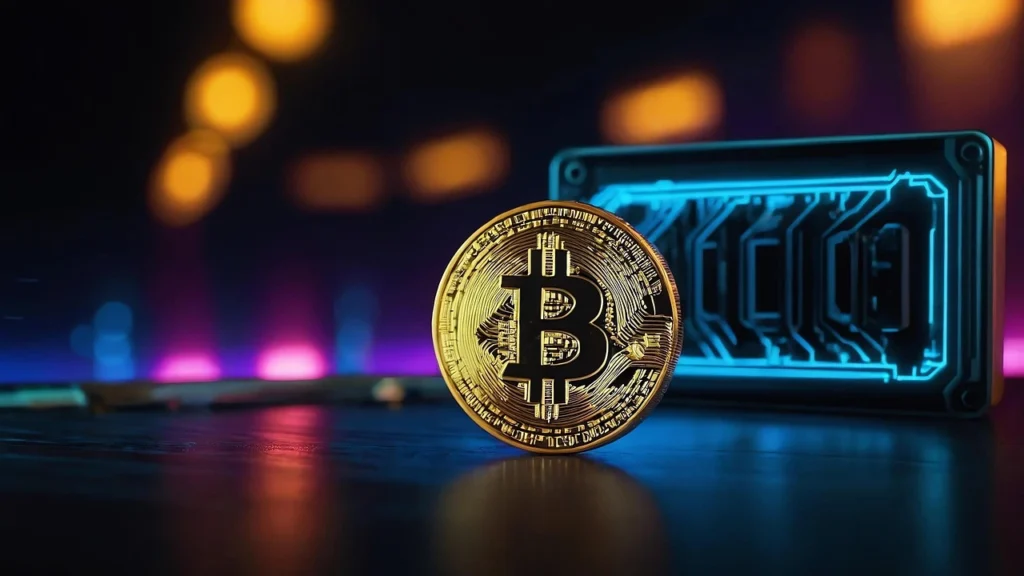
So, which non-custodial wallet should you choose? Well, it all depends on your needs.
If you are new to crypto and want to start with a non-custodial wallet, then go for MetaMask, Trust Wallet or Exodus. If you are an Ethereum or DeFi enthusiast, use MetaMask or Coinbase Wallet. Phantom is the best choice for anything Solana while Electrum is great for BTC only.
For maximum security, Ledger or Trezor hardware wallets are your best bet and finally, use Atomic wallet if you want to stake on multiple coins.
You can keep multiple wallets, of course. Many crypto users keep multiple wallets; a hardware wallet for long-term storage and a mobile wallet for daily transactions.
Conclusion on Non-custodial Wallets
Non-custodial wallets are great for total control in crypto. While they require more responsibility than custodial options, the benefits of complete control, enhanced privacy, and protection from third-party risks make them the preferred choice for serious crypto users.
Always keep your seed phrase secure. Never share it with anyone, and consider writing it down on paper rather than storing it digitally. The non-custodial wallet examples listed above will help you manage your crypto safely. Take the time to explore different options and choose the wallet that best fits your needs and experience level.
Don’t Miss:
Frequently Asked Questions (FAQs) About Non-custodial Wallets
Is a Non-Custodial Wallet safe?
Yes, a non-custodial wallet is generally free from hacks and server attacks. As long as you keep your seed phrase secure, you are good to go.
Can I Recover my Funds if I Lose my Private key?
No. If you lose your private key or recovery phrase, your crypto cannot be recovered. That’s why you must store your backup safely.
Are Non-custodial Wallets Free to Use?
Most are free to download and use, but you’ll still pay blockchain network fees (like gas fees) when sending crypto.
Do Non-custodial Wallets Require Verification (KYC)?
No. Most non-custodial wallets don’t require KYC because you are not dealing with a third party or centralized exchange.
What Happens if I Delete my Wallet App?
If you have your recovery phrase, you can restore your wallet on any device. If not, your funds will be lost permanently.
